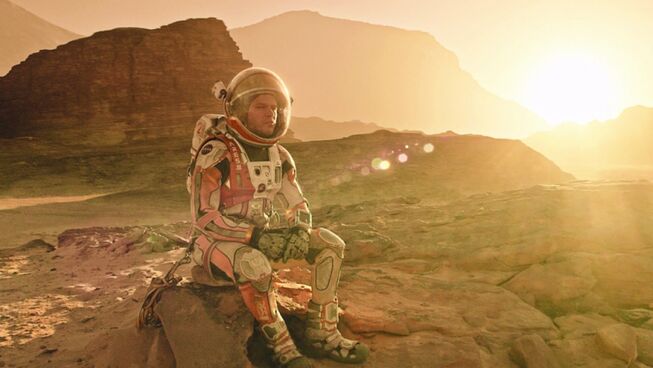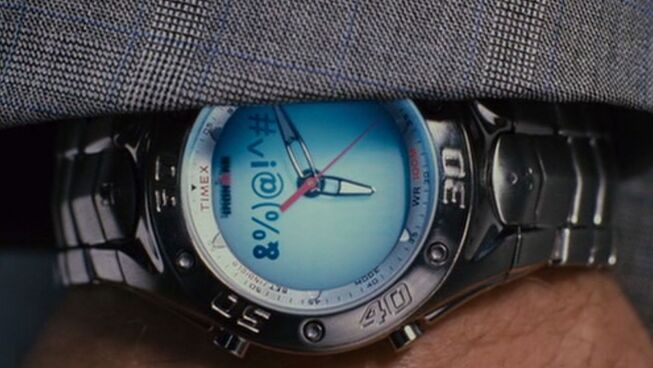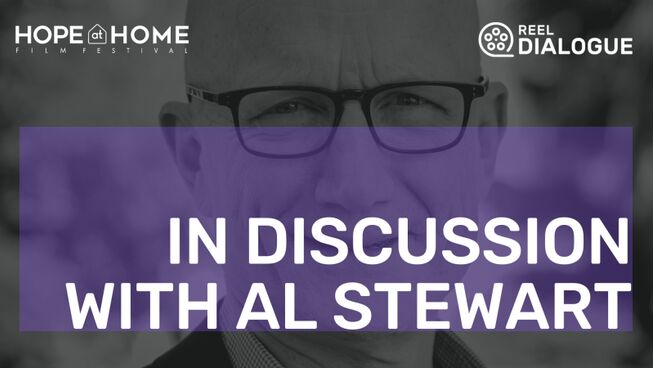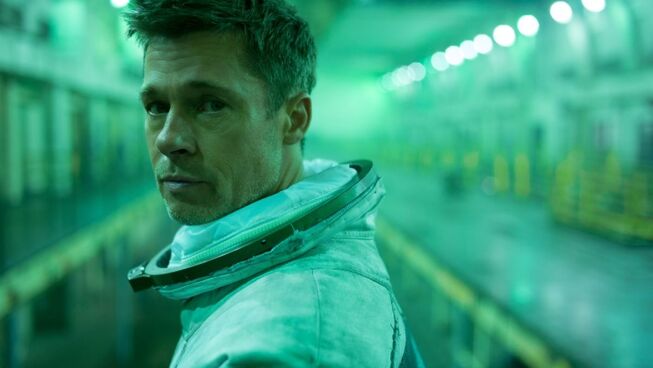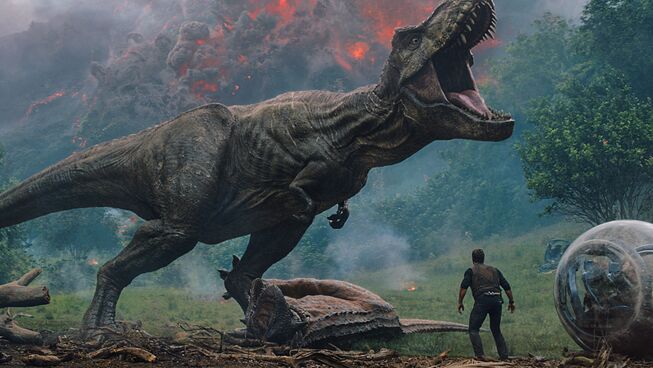
3 out of 5 stars
After the original trilogy, the hope was that the Micheal Crichton inspired dinosaur tales would be dead and buried. Then a resurrection of all things old came about with the reintroduction of the T-Rex and a new band of palaeontologists who want to bring the dinosaurs back and introduce them to mankind. Jurassic World was a smash hit and inevitably meant that Universal would need to plan for a three-picture deal to continue the story of Owen Grady (Chris Pratt), Claire Dearing (Bryce Dallas Howard) and the velociraptor, Blue. What could possibly go wrong?
Three years after the debacle at Jurassic World, the theme park has been shut down and all of the survivors have been given compensation for their trauma, but now there is a new threat on the island. Isla Nublar was a dormant volcano, but recently has become active and the prehistoric residents of the island are in danger of extinction again. As the governments of the world debate the fate of the genetically cloned creatures, Claire has turned into a dinosaur advocate and heads up the Dinosaur Protection Group which is approached by Benjamin Lockwood (James Cromwell), John Hammond’s former partner in creating the new breed of dinosaurs.
Eli Mills (Rafe Spall), the multi-millionaire’s aide asks the former Jurassic World employee to assist with the extraction of key dinosaurs from the island for their preservation. The only stipulation would be for Claire to recruit her former love interest and the velociraptor trainer, Owen Grady to join her on the rescue mission. After working through their past relationship, the pair heads up a team that goes to attempt to save these species from a second extinction. Upon their arrival, they realise that all is not as it seems and that an extraction team was already there and this group of hunters need Grady’s skills at capturing his friend Blue for plans that go well beyond the survival of the species.
For the fans of this series of dinosaur adventures, the latest instalment is a straightforward rehashing of the premise that has made this so popular with audiences. Director J. A. Bayona (The Monster Calls) seems to take from Steven Spielberg’s playbook and brings in every element of the original classic and it’s successors. Rearview mirrors, multiple bellows from T-Rex, chase scene upon chase scene and at least one child in peril all come into the storytelling of the Spanish director. Despite the reference to King Kong and the change of the monsters physical location that threatens mankind, there are few unique aspects in this chapter.
A key component that led to the success and blockbuster status of 2015’s Jurassic World was the inclusion of Chris Pratt as the new protagonist and his chemistry with Bryce Dallas Howard’s character. He brought a swagger to the franchise and the relational tension needed to provide a real human element. Even though they are back for this episode, they are relegated to chase scenes and very little character development. There is a glimmer of human interest in the development of the Lockwood family line with the inclusion of the patriarch’s granddaughter, Maise (Isabella Sermon), but there must be a plan to develop her character in the final film in the trilogy. Due to the multitude of chase sequences, there was little provided to care much about her role.
Jurassic World: Fallen Kingdom seems to have fallen into the ‘middle film’ syndrome of a trilogy. The story serves as a bridge to something more significant and is faithful to the franchise, but fails to add anything of significance to make it stand out from other monster films. Proving to be the weakest of the Jurassic films and a potential victim to bigger predators in this world of the survival of the fittest.
Reel Dialogue: Is there a Creator?
In cinematic history, the notion of creation has been at the heart of a multitude of scripts and screenplays. From Frankenstein to Blade Runner, we can see that some of Hollywood’s greatest filmmakers still see the origins story of life as a necessary question to be considered. Michael Crichton continually hits on this concept in his novels, but none more than Jurassic Park. Interestingly, most fictional accounts come down to the same conclusion, that even with the best of intentions, man’s futile attempts at creating new life leads to less than satisfactory results.
Is there any hope in answering the question on the existence of a creator? Thankfully, we have been given substantial pieces of evidence to the existence of a creator. Some of these indications can be classified as general revelation. This means that by simply looking out at nature or at the magnificent internal systems of the human body, there is an awareness of a creator. Trees, gravity or the birth of a child can provide strong support of the argument for a supreme maker, but these generalities do command some backup.
In the beginning was the Word, and the Word was with God, and the Word was God. He was in the beginning with God. All things were made through him, and without him was not anything made that was made. John 1:1-3
This reinforcement can be found in the Bible and is labelled as special revelation. Studied and scrutinised documentation that comes alongside science and nature to prove that there is an architect behind the beautiful architecture of the world and those who live in it.
Where to look for more details: Genesis 1-2, Hebrews 11:3, Revelation 4:11

